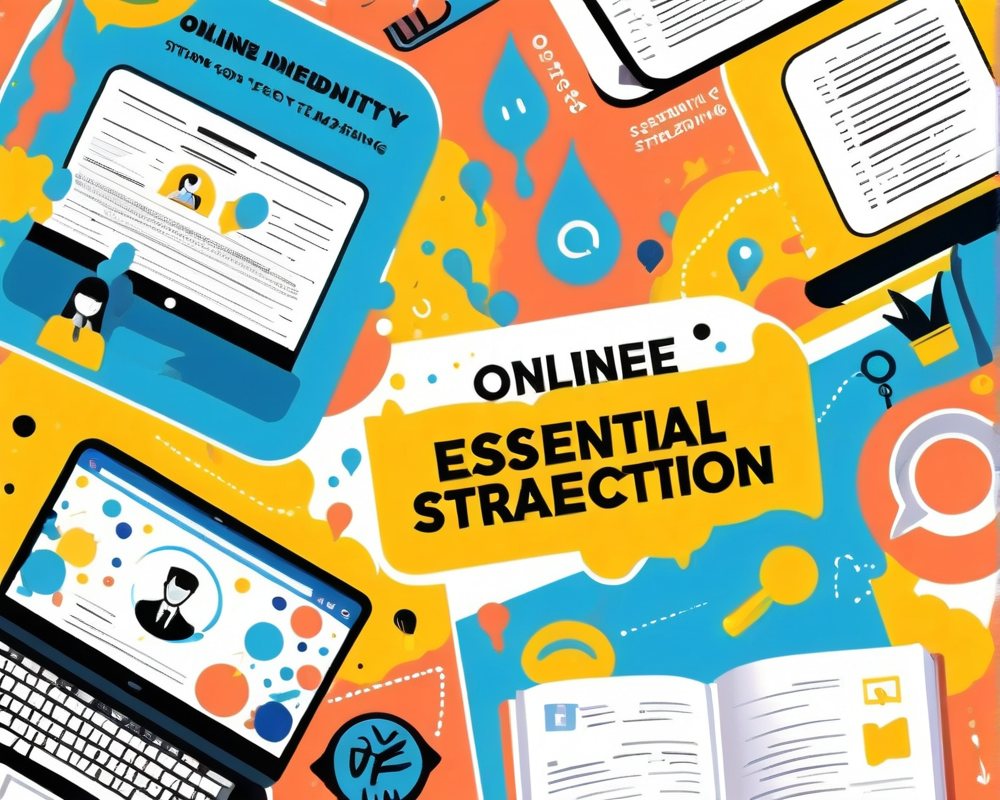The Importance of Online Identity Protection
In today’s fast-paced digital landscape, protecting our online identity is paramount. While the internet has made communication and information sharing easier, it’s also become a playground for hackers and identity thieves lurking in the shadows. These cyber predators are ready to pounce on any slip-up, turning our digital lives into a high-stakes game of cat and mouse. With a little foresight and practical strategies, however, we can ensure that we play it smart.
Mastering the Art of Passwords
The first line of defense in preserving your online identity is creating strong passwords. If your password resembles a poorly named pet or a classic sitcom, it’s time for a change! Aim for a password that’s at least eight characters in length, consisting of a delightful mix of uppercase letters, lowercase letters, numbers, and symbols. Remember, “password123” is about as secure as leaving your front door wide open.
- Avoid predictable terms like “password” or “123456”.
- Never use the same password across multiple accounts.
- Consider using a password manager to safely store and generate unique passwords.
Two-Factor Authentication: Double the Trouble for Hackers
When it comes to personal security, two-factor authentication (2FA) is like an extra pair of lock-and-key. By requiring a second code beyond your password, 2FA effectively puts up an extra wall that eager hackers must scale. This code can come through an app, SMS, or even a physical device.
- SMS-based 2FA: A unique code is sent to your phone via text.
- App-based 2FA: An app generates a time-sensitive code.
- Hardware-based 2FA: A physical key generates the code.
Steering Clear of Phishing Scams
Your inbox can sometimes feel like a treasure chest, but unfortunately, there are pirates lurking among the legitimate emails. Cybercriminals use phishing scams to trick victims into revealing their personal information.
- Always verify the sender’s identity before clicking any links.
- Avoid unsolicited attachments; they are often loaded with trouble.
- Consider using anti-phishing software to automatically block these scams.
VPN: Your Digital Safe House
Using a Virtual Private Network (VPN) is like installing a security system for your online activities. By encrypting your internet traffic and rerouting it through a remote server, VPNs help to conceal what you’re doing online from prying eyes. This is especially useful when using public Wi-Fi, where hackers are known to hang out like bad comedians in a coffee shop.
When choosing a VPN, opt for a provider known for privacy and reliability. It’s worth your peace of mind!
Keeping Software Fresh
Think of outdated software as a forgotten leftovers container – not exactly a good look. Regularly updating your operating system, browsers, and mobile apps can patch up security vulnerabilities before they get exploited by dastardly hackers. Run regular checks and always download software from reliable sources.
The Need for Antivirus Protection
Lastly, a reputable antivirus program is your front-line defense against malware and other nasty surprises lurking in the deep web. These programs help to identify and eliminate threats before they can compromise your data. Make sure you’re using reliable antivirus software and keep it updated to stay covered from new and emerging threats.
Invest in regular scans to identify any unusual activities on your device and act quickly if you detect a threat. Remember, better safe than sorry!




